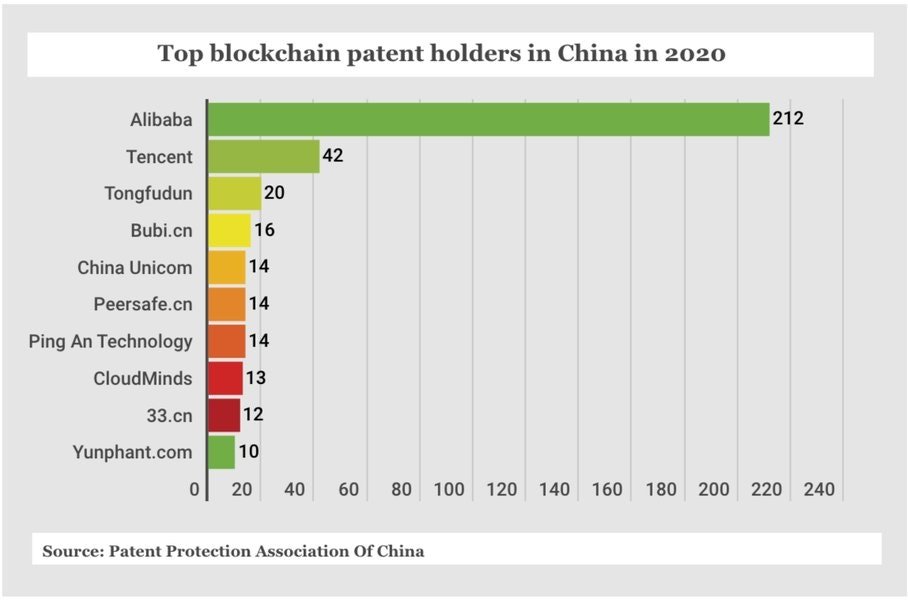
Growth hacking tactics used by Chinese consumer tech companies.
A thread with pics
A thread with pics
The foundation philosophy for growth hacking is the AARRR model or Acquisition, Activation, Retention, Revenue and Referral.
Each stage matches a lot of features in Chinese consumer apps.
Each stage matches a lot of features in Chinese consumer apps.
Acquisition: how to get the user. Usually triggered by friend’s referral, in-life QR code or promotional events.
Examples: food suggestion on Meituan Dianping, QR code on Luckin coffee for their app and

Examples: food suggestion on Meituan Dianping, QR code on Luckin coffee for their app and


Activation: the time between signing up and consumer delight. With Chinese consumer apps this is typically a lot of coupon discounts right off the bat. Some screenshots for when I open JD, Tabao or PDD. It is a hit of dopamine to know I’ve got free money waiting for me 





Retention: making the user come back. For Chinese apps there’s a few ways they do this since this is arguable the most difficult step. You’re training a new user to learn to use you repeated. One way they do this is a LOT of coupons.
They show me the coupons waiting for me like happy chickies nested in their shells. I feel like I’m literally throwing away monies by not coming back and unlocking these deals. Showing TMall and JD below respectively 



Another way they do this - mini games. Most super apps seems to have a mini game hidden away somewhere. I mentioned Himalaya’s cat girl a while back. But Taobao has tree planting game. PDD has a fruit tree planting. JD has dogs 







The deliberate things about these mini-games is that they take time in between game play to accumulate points and levels and have real world payoffs - like extra coupons, free fruit (PDD) and additional customisation. This encourages regular checkins on the apps
Also encourages users to view the consumer experience as a game.
Gamification also comes in other layers where I accumulate points for my actions (like buying stuff). I get points on my bike app from usage, I don’t know what the levels get me but I want to get to level 5 for sure
Gamification also comes in other layers where I accumulate points for my actions (like buying stuff). I get points on my bike app from usage, I don’t know what the levels get me but I want to get to level 5 for sure

Will post more on referrals and revenue if peeps are interested!
• • •
Missing some Tweet in this thread? You can try to
force a refresh



